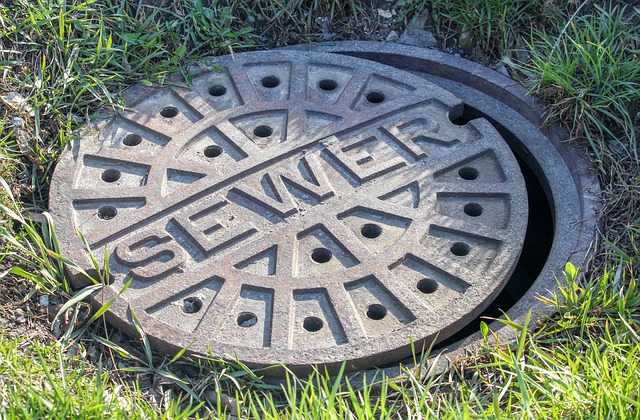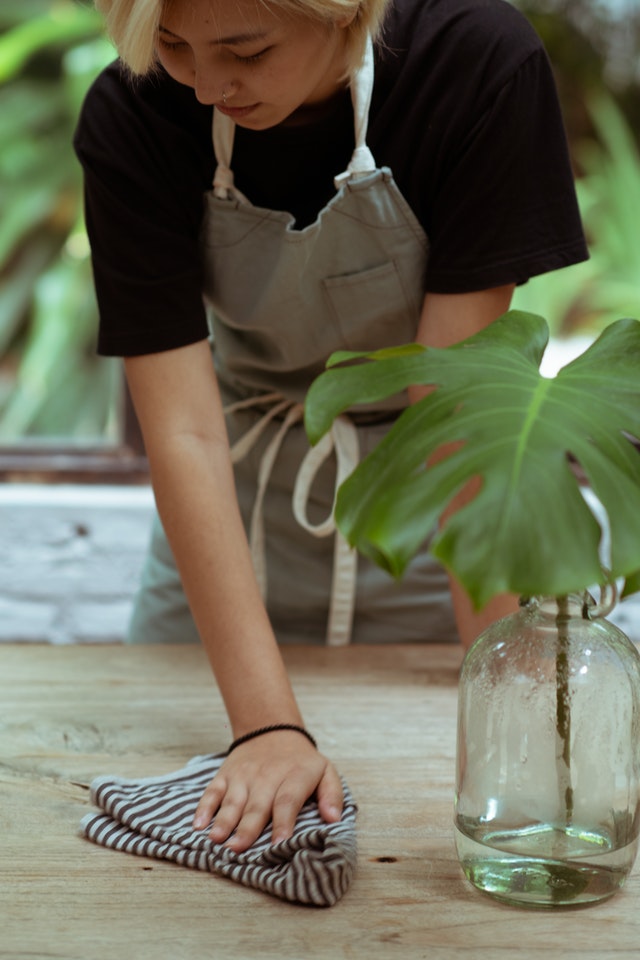Salt Lake City residents are no strangers to strange odors. The Great Salt Lake often emits sulfides that carry over to the cities, and residents might dismiss strange odors casually. However, not every odor inside the house is harmless, and persistent ones are often signs of bigger problems.
This is a contributed post and do not necessarily reflect the opinions of Meet The Harris Family.
Sewer Stench
Sewer-like smells in the bathroom, laundry room, and kitchen are probably caused by blocked or dry P-traps. Normal kitchen clogs can be handled with a bit of vinegar and baking soda, and a pail of water should be enough to take care of smells coming from a dry P-trap in your basement. However, bathroom clogs will require more attention. Clogged bathrooms can be messy, and water damage is no small matter.

Contact professionals for a bit of drain cleaning, especially if you encounter sewer smells in more than one room. Your main sewer line could be blocked, and this can cause big problems if it isn’t fixed as soon as possible.
Old House Odors
More than 15 percent of Utah residents are seniors. Old house odors are almost expected and often ignored. However, the musty smell of wet cardboard has no link to the age of a house or its residents. The odors associated with old houses usually come from mold. Humidity is not an issue in Utah, so mold smells are usually signs of pipe leaks, condensation, or gutter problems. Small patches of mold can be treated with vinegar, bleach, or soap solutions. However, larger patches will require professional services or extensive repairs.
Bad Eggs
While rotten egg smells are common because of the sulfides in the Great Salt Lake, they can also be a tell-tale sign of gas leaks. The gas and propane you use in your kitchen, furnace, and laundry room are odorless. However, methyl mercaptan is usually added to give them the rotten egg smell as a safety precaution. If you smell the odor once you run the tap, you might need a new water heater or at least an anode rod replacement. Of course, it’s always better to err on the side of caution, so open your house’s windows and doors and get out of the house if you smell strong rotten egg odors.
Nauseating Sweetness
The pervasive and sickening sweetness usually carries scents of decay. A rat might have died from poison or one of your traps, so check the house and deal with the remains. If you can’t find the source of the smell, a rodent or small animal might have gotten into your walls and died there. It takes two to three weeks for a carcass to dry out and stop smelling. However, the odors can get progressively worse as time passes. While you can certainly wait it out, a decaying carcass can cause an increase in bacteria in the air or attract unwanted pests. Extricating a dead rodent might require cutting through sheetrock, taking out your floorboards, or replacing ceiling tiles.
Fried Fish

If you haven’t cooked fish recently but still encounter fish-like smells, you might have electrical problems. Old wiring can sometimes overheat, melting the plastic outer layers that serve as electrical shielding for wires. Exposed wires usually lead to flickering lights or other signs of shorted circuits. Exposed wires are one of the leading causes of residential fires. Have an electrician check your wiring to make sure your house doesn’t go up in flames.
Musk/Coriander
Musky or coriander-like smells in the bedroom are often signs of a bedbug infestation. The smells come from the sweat of bedbugs and are usually detected only when a colony has fully infested a room. Small blood drops on your pillows and sheets are sure signs of nightly feeding on you, for that matter. Constant bedbug bites can lead to insomnia, depression, anxiety, and a host of skin problems. Ordinary bug spray won’t be effective, and you’ll need exterminators to perform a heat treatment to get rid of the bedbugs and their eggs.
Sweaty Clothes
If you are nowhere near your laundry, then the smell of sweaty clothes or used socks can mean problems with your heating, ventilation, and air conditioning (HVAC) system. Water can accumulate in your system’s pipes and vents through condensation, and water can be a breeding ground for bacteria and mold. The situation is so common; HVAC contractors have dubbed it “dirty sock syndrome.” Get your system checked and clean to ensure your home doesn’t reek of dirty socks.
Strange smells in the house are usually mere symptoms of a much bigger problem. Note unusual smells in your house and take action to keep your house smelling clean.


